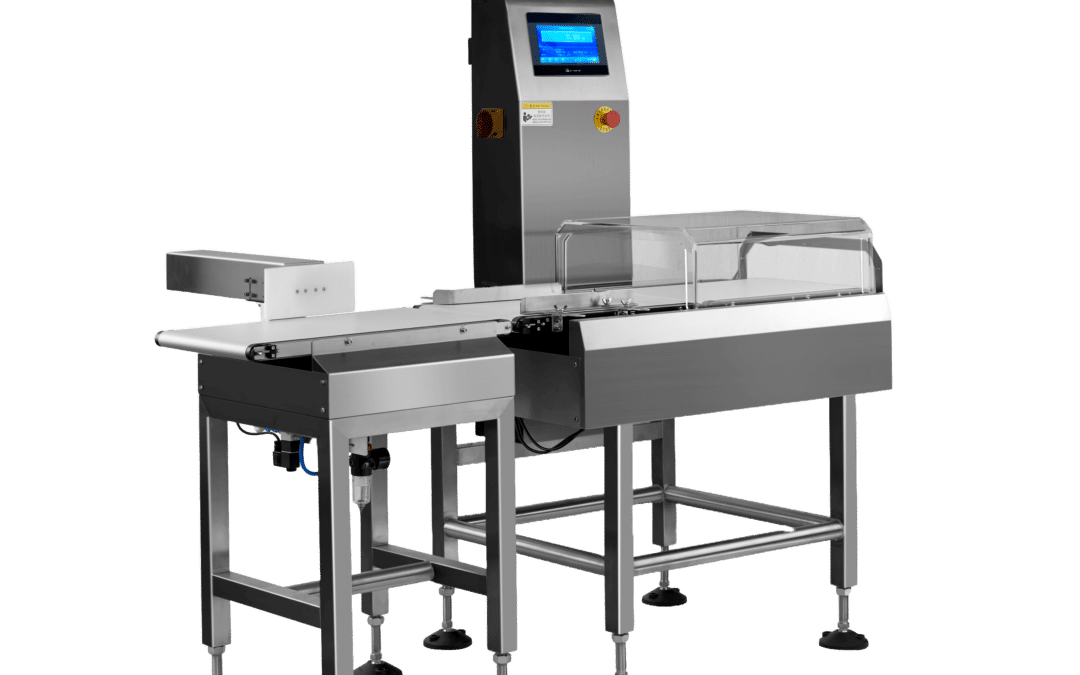Why are checkweighers important in the food industry?
Checkweighers play an important role in the food industry for several reasons. Checkweighers are automated systems that measure the weight of products as they move along a conveyor belt.
We can help with Industrial Marking and Identification Systems information!
Do you struggle with downtime related to Packaging Verification Systems equipment and processes? We will share information and success stories about how you can use Industrial Marking and Identification Systems to focus your energy and efforts on the efficiency of the business. We have insights from industry experts and our partners on the various equipment and technologies available to simplify your challenges.
Solutions and options covered will include:
- Primary package markings
- Secondary package markings
- Primary Barcode Identification
- Secondary Barcode Identification
- Turnkey Solutions for offline printing
- Printer replacements
- Multiple different material marking
What are checkweighers in the food industry?
Checkweigher machine
Checkweighers are automated systems that measure the weight of products as they move along a conveyor belt. They are widely used in the food industry to ensure that packaged products meet the specified weight requirements. Checkweighers can also be used to identify and also reject products that contain foreign objects or that are otherwise defective.
Why are checkweighers important in the food industry?
Checkweighers play an important role in the food industry for a number of reasons:
- Compliance with regulations: Many countries have regulations that require packaged foods to be weighed within certain tolerances. For example, in the United States, the Food and Drug Administration (FDA) requires that packaged foods be within 3% of their labeled weight. Checkweighers also help food manufacturers to ensure that their products meet these regulations.
- Product quality: Checkweighers can help to improve product quality by identifying and rejecting products that are underweight or overweight. Also, underweight products can lead to customer dissatisfaction and financial losses for food manufacturers. Overweight products can also lead to financial losses, as food manufacturers are essentially giving away products.
- Brand reputation: Food manufacturers rely on their brands for their success. A single incident of selling underweight or also overweight products can damage a brand’s reputation and lead to lost sales. Checkweighers can help food manufacturers to protect their brands by ensuring that their products meet the specified weight requirements.
- Foreign object recalls: Checkweighers can help with foreign object recalls in food manufacturing and packaging by identifying and rejecting products that are contaminated with foreign objects. Checkweighers work by using a load cell to measure the weight of each product. If the weight of the product is outside of the acceptable range, the controller will reject the product. This also can help to prevent contaminated products from reaching consumers.
How do checkweighers work?
Checkweighers work by using load cells to measure the weight of products as they move along a conveyor belt. Load cells are sensors that convert weight into an electrical signal. The electrical signal from the load cells is sent to a controller, which compares the weight of the product to the target weight. If the product is within the target weight range, it is allowed to continue on the conveyor belt. Lastly, If the product is outside of the target weight range, it is rejected.
Types of checkweighers
There are two main types of checkweighers: static checkweighers and dynamic checkweighers.
- Static checkweighers: Static checkweighers weigh products when they are stationary. This type of checkweigher is typically used for heavier products, such as boxes and also bags.
- Dynamic checkweighers: Dynamic checkweighers weigh products while they are moving. This type of checkweigher is typically used for lighter products, such as food packages and also pharmaceutical products.
Benefits of using checkweighers in the food industry
There are several benefits to using checkweighers in the food industry, including:
- Improved product quality: Checkweighers can help to improve product quality by identifying and also rejecting products that are outside of the specified weight range.
- Reduced product giveaways: Checkweighers can help reduce product giveaways by identifying and also rejecting underweight products.
- Increased compliance: Checkweighers can help food manufacturers to also comply with industry regulations regarding the accuracy of product labeling.
- Improved efficiency: Checkweighers can help to improve production efficiency by identifying and rejecting defective products before they reach the next stage of the production process.
- Reduced waste: Checkweighers can help to reduce waste by identifying and rejecting products that are outside of the specified weight range or also that are otherwise defective.
Conclusion
Checkweighers are an essential tool for food manufacturers. They help to ensure that products meet the specified weight requirements, which is important for compliance with regulations, product quality, brand reputation, and lastly, customer satisfaction.
How can we help?
Contact us to find out how our diverse products, services and also solutions can help your business today.
Contact us for a one-on-one consultation for Packaging Verification Systems or a quote for a new or upgraded Hitachi UX printer. Many options are available. Let us help you find the right one for your business needs.




